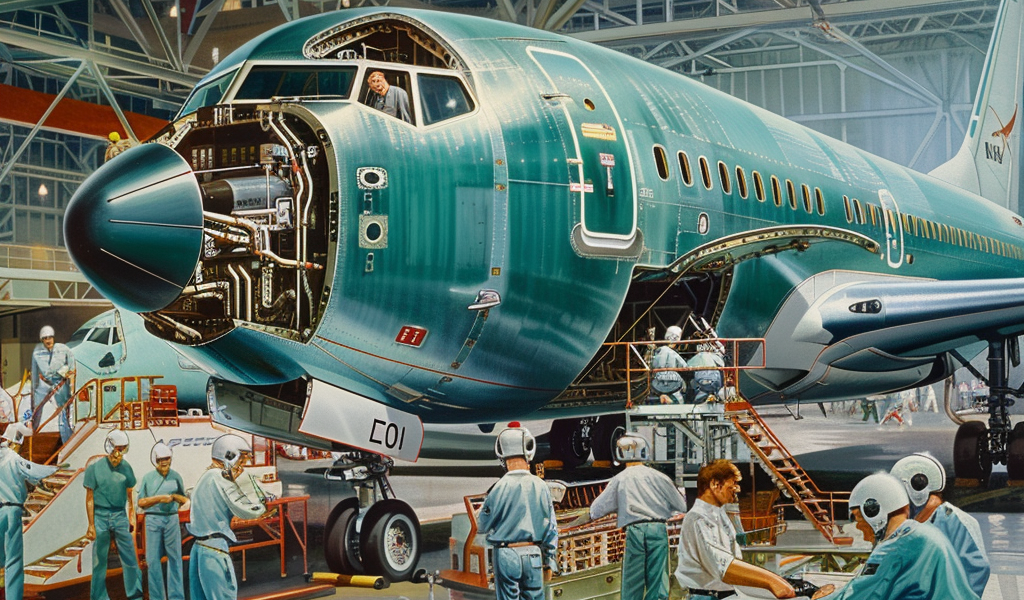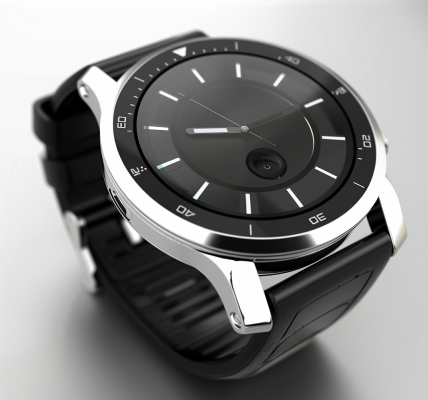Boeing has long been a prominent figure in the aviation and space industry, but recent events have brought to light the perils of outsourcing critical work. The company’s shift towards prioritizing financial engineering and MBA-driven decision-making over actual engineering has led to a series of questionable choices and ultimately tarnished its once-stellar reputation.
In the wake of the merger with McDonnell Douglas in 1997, Boeing’s focus shifted, leading to a decline in engineering standards and quality assurance. This shift became evident with the fatal crashes of the 737 Max 8 planes in 2017 and 2018, as well as the recent midflight incident involving a 737 Max 9 door plug. These incidents underscore the consequences of compromising on engineering excellence.
Boeing’s troubles extended beyond aviation to its space endeavors, as seen with the Starliner spaceship currently stationed at the International Space Station. Technical issues, including thruster malfunctions and helium leaks, have raised concerns about the safety and reliability of Boeing’s space technology. The delay in resolving these issues has left astronauts Butch Wilmore and Suni Williams in a state of uncertainty.
The recent developments at Boeing serve as a cautionary tale for companies across industries. The outsourcing of critical work and prioritizing financial gains over engineering integrity can have far-reaching implications. The need for robust quality assurance processes and a focus on technical excellence cannot be overstated.
As tech leaders navigate the complexities of their own businesses, the lessons from Boeing’s missteps are clear. Upholding engineering standards, prioritizing quality assurance, and fostering a culture of innovation are essential for long-term success and reputation management.
Ultimately, the challenges faced by Boeing underscore the importance of maintaining a balance between financial objectives and technical expertise. Striking this balance is crucial for companies aiming to sustain their competitive edge and uphold their commitments to safety and reliability.





